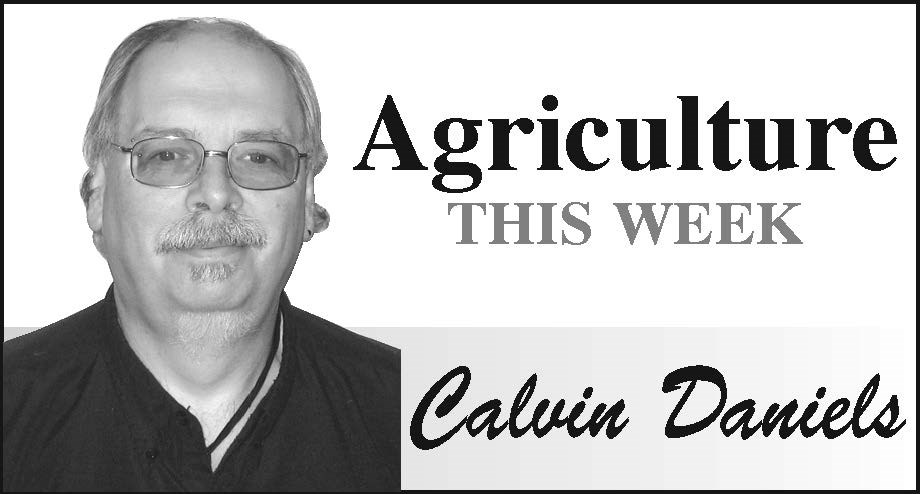As much as we tend to think the world is more interconnected these days, countries still tend to operate very much in isolation of one another.
Perhaps if COVID-19 has a positive it is that there seems at least a somewhat greater awareness across borders, although here in Canada situated as we are adjacent to the cesspool of COVID that is the United States that is more difficult to accept.
Certainly, there is a level of co-operation at the scientific level regarding COVID-19 research, although it is likely at times that is made more difficult by politics between nations.
So what has the world’s response to COVID-19 got to do with agriculture?
Well it is interesting two international organizations are now calling for global action to stop the spread of African Swine Fever.
African Swine Fever is not a new issue for the farm sector, as the disease has ravished the hog sector in China with reports of up to 120 million hogs killed, which might be seen as an opportunity in terms of export sales, but stands as a cloud on the world hog industry because of the threat the disease spreads. It has already been detected in more than 50 countries.
The disease is a scary one as ASF may cause up to 100 percent mortality in pigs and is already affecting countries in Africa, Asia and Europe.
So now the World Organisation for Animal Health (OIE) and the Food and Agriculture Organization of the United Nations (FAO) have called on countries to join forces against the deadly pig disease.
Frankly, that a disease as deadly as ASF is just now having major world organizations calling for greater co-operation is startling.
As much as countries still have their political agendas and barriers erected to serve those agendas, the demand for goods have opened the world to generally freer trade.
For Canadian farmers that is generally a positive. We over produce our domestic need in a wide range of farm products and that means we rely on trade to market huge quantities of farm production.
As a result of the reliance on trade, disruptions to trade are something Canadian farmers cannot abide. We saw the impact when borders closed due to bovine spongiform encephalopathy (BSE) back in 1993. It was disastrous to the Canadian cattle sector.
The threat of ASF to the hog sector is certainly as great to the hog sector, in Canada, although this country is not the only one under threat.
And that is why co-operation is needed now, although a late response, it would be better than never.
Calvin Daniels is Editor with Yorkton This Week.



